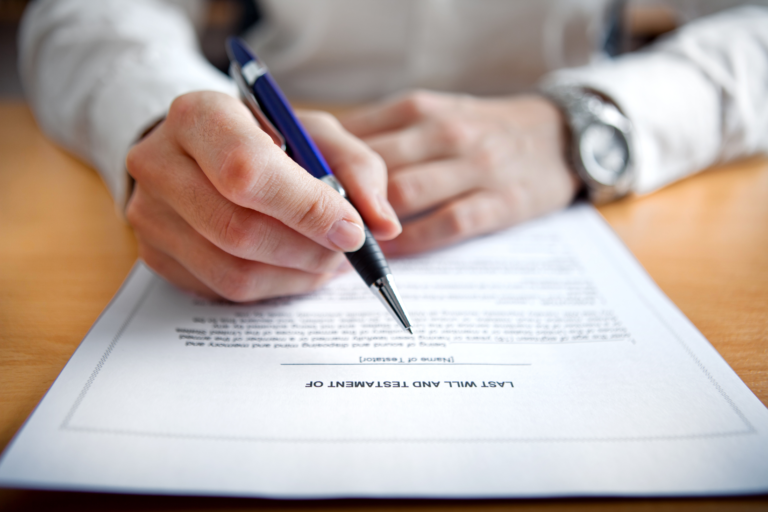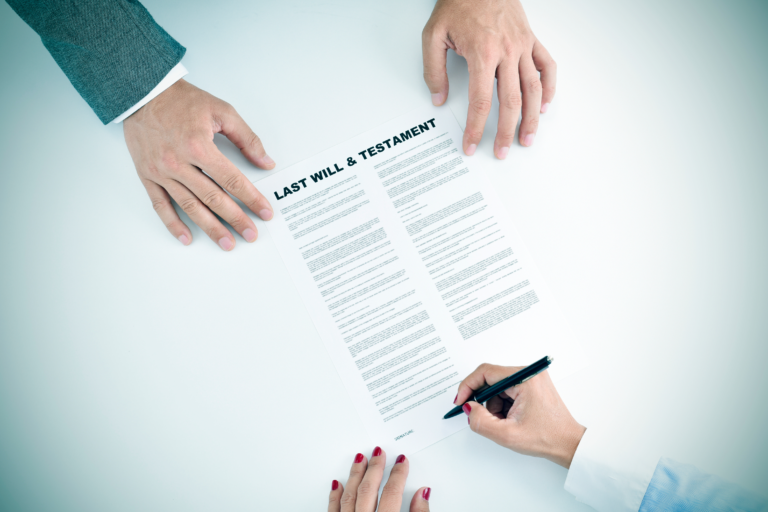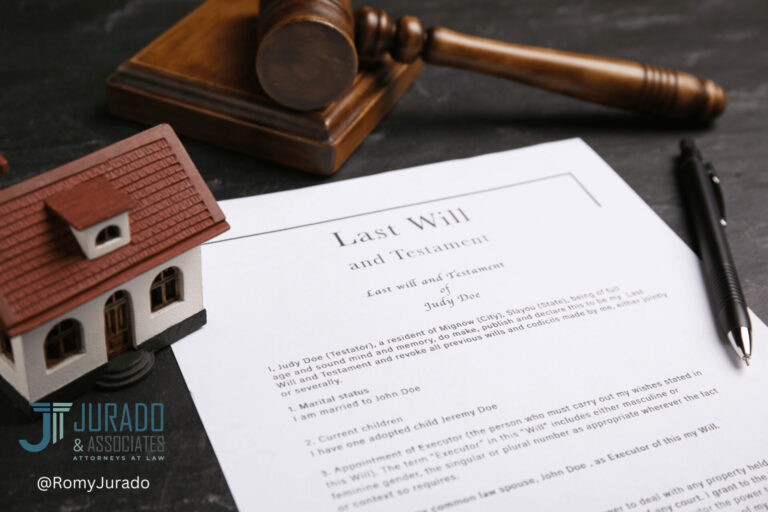Considered the core element of any estate plan, the last will is a written document that outlines someone’s wishes regarding his or her assets and heirs/beneficiaries upon death. Does Florida law require a will to be recorded upon the testator’s passing? Read on to find out.
Does a Will Need to be Recorded in Florida? – The Verdict
When someone dies in Florida, that deceased’s will must be recorded. Florida Statutes §732.901 (1) specifies that “the custodian of a will must deposit the will with the clerk of the court having venue of the estate of the decedent within 10 days after receiving information that the testator is dead.”
Also, “the custodian must supply the testator’s date of death or the last four digits of the testator’s social security number to the clerk upon deposit.”
Florida Statutes §732.901 (2) provides that “the custodian of any will may be compelled to produce and deposit the will. All costs, damages, and a reasonable attorney’s fee shall be adjudged to petitioner against the delinquent custodian if the court finds that the custodian had no just or reasonable cause for failing to deposit the will.”
Last Will vs. Florida Probate – As Provided by Law
Once the will is properly recorded within the statutory period, a Florida court will determine the document’s validity. The person creating the will (testator) must follow the procedures set by state law to meet the validity requirements.
The first element of a valid will is the testamentary capacity, which refers to the legal ability to make a will. Florida Statutes §732.501 expressly state that “any person who is of sound mind and who is either 18 or more years of age or an emancipated minor may make a will.”
Writing a will must be a voluntary decision, as the document may be declared void if it is a result of fraud, duress, or undue influence.
Florida law also establishes specific execution requirements to ensure the validity of wills. Florida Statutes §732.502(1)(a)(b) provides that “every will must be in writing and executed as follows:
- The testator must sign the will at the end, or
- The testator’s name must be subscribed at the end of the will by some other person in the testator’s presence and by the testator’s direction
- The testator’s signing, or acknowledgment that he or she has previously signed the will, or that another person has subscribed the testator’s name to it, must be in the presence of at least two attesting witnesses”
Florida Statutes §732.502(1)(c) requires that “the attesting witnesses must sign the will in the presence of the testator and the presence of each other.”
Should I Create a Florida Will on My Own? – An Honest Opinion
If you want a solid estate plan, you must have a well-written will in Florida. Even though it may sound simple to draft a will, it is not. Many individuals rely on ready-to-file forms found online, which is not the best approach.
Work with an experienced probate attorney to avoid vague language and legal mistakes, and draft a document tailored to your circumstances and wishes.
Waste no Time with Uncertainty – Contact Your Florida Probate Lawyer Today
Contact Attorneys Romy B. Jurado and Diana C. Collazos today by calling (305) 921-0976 or emailing [email protected] to schedule a consultation.






